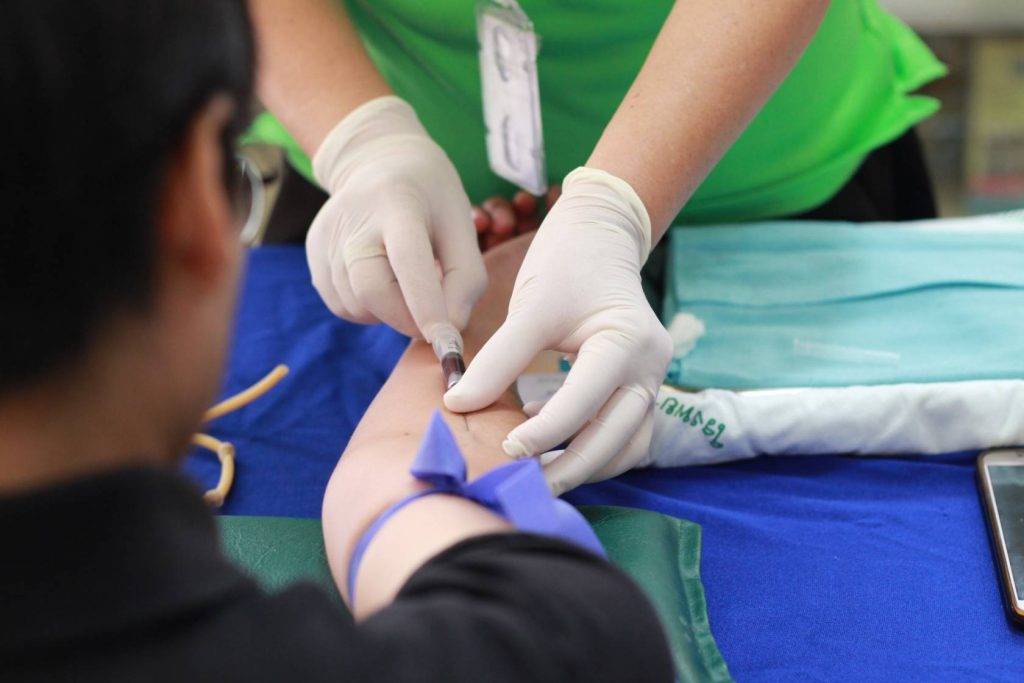Welcome to Medical Channel Asia’s regular segment, the weekly Asian medical news bulletin. Each week, we will bring you essential medical news from within the region to keep you up-to-day on the healthcare industry.
This week, we look at the latest developments and innovations in healthcare across Asia.
Philippines
Testing and quarantine protocols for inbound travellers are set to be eased in the Philippines, with the latest resolution. Pre-departure testing for fully vaccinated inbound travellers, whether Filipinos or foreign nationals, will no longer be required.
Meanwhile, as travel restrictions get lifted throughout the world, the Philippines is preparing for more healthcare workers to move overseas for employment. The current cap of 7,500 nurses allowed to go overseas, a policy implemented in 2020 to retain workers to fight the pandemic, is also expected to be eased in the coming months. Between 13,000 and 22,000 nurses migrate overseas annually.
Vietnam
Vietnam, under the guidance of Deputy Prime Minister Vu Doc Dam, has committed to ample vaccine supply against communication diseases as part of the expanded immunisation programme, service immunisation and for epidemic diseases.
It targets to master the production technology for 15 vaccine types by 2030.
The health ministry is also urging local authorities to continue COVID-19 vaccination drives in localities that are lacking. The third and fourth dose coverage for people over 18 years is at 78.5 per cent and 81.3 per cent respectively.
Indonesia
Bali is seeking to attract world-class hospitals to set up in the area. Authorities have designated a 41-hectare area of Sanur for healthcare tourism. Companies setting up in the area will be provided fiscal and non-fiscal incentives. The initiative aims to retain some of the US$6.2 billion the country loses to outbound medical tourism every year and intends to gain up to US$1.25 billion annually by 2045.
Indonesia has also agreed to bilateral agreements with eight countries. The agreements were with other G20 countries and is expected to drive the health transformation in the country. These agreements were signed during the G20 Health Ministers Meeting in Bali, Indonesia last week.
Thailand
The legalization of Cannabis continues to be a divisive issue in the Thailand government, and an upcoming bill will be voted upon to ban its consumption again.
The health ministry in Thailand has also officially announced that it has cancelled plans to obtain more vaccines against the coronavirus. With sufficient vaccination rates and declining COVID infections, the authorities believe the current stockpile of vaccines in their reserves is sufficient.
Singapore
Each household in Singapore will receive additional COVID-19 test kits as part of the fourth national wide distribution campaign. Self-testing is a key defence in Singapore’s strategy against the virus. The bivalent COVID-19 vaccine will also be offered to adults from 18 to 49 from 7 November onwards. The current recommendation is to obtain the updated bivalent vaccine between five months to one year from the last injection.
Malaysia
Malaysia is currently seeking strategic partners for preventive healthcare as its key pillar in driving medical tourism to the country. It is currently being represented by Malaysia Healthcare Travel Council at the World Travel Market in London to seek travel agents and healthcare facilitators to work with.

